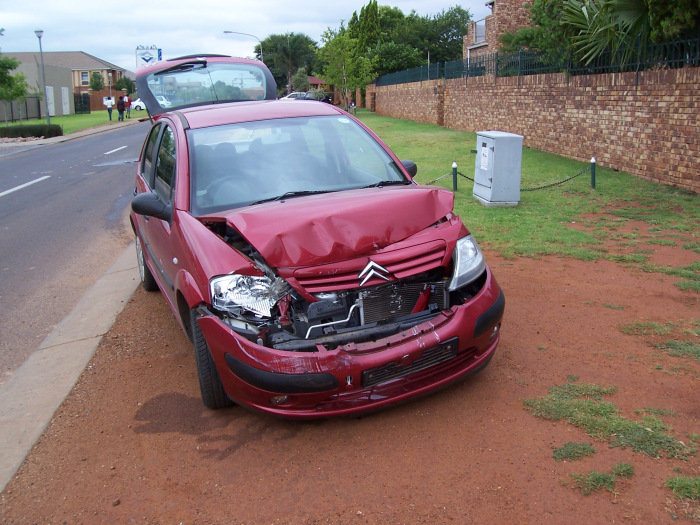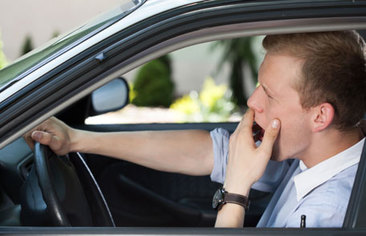
In Pennsylvania, citizens are offered a wide array of insurance options, but the two most commonly referenced are full tort versus limited tort. Which one you and your family select can have a dramatic impact on your ability to recover for losses following an automobile accident where the other drive is at-fault, or the cause of the accident.
The Pennsylvania Motor Vehicle Financial Responsibility Law requires that insurers issuing private passenger motor vehicle insurance coverage offer, at a minimum, what is known as the limited tort option. While a much more cost-effective option, limited tort significantly restrains those insured under such a policy to sue for anything other than economic damages (unpaid medical bills, lost wages/earnings, and property damage). What does this mean? That electing limited tort does not eliminate your right to bring a lawsuit against an at-fault driver, but it does potentially limit your recovery options.
To further explain the distinction, let’s look at this way. If you have limited tort insurance and are involved in an accident, you have the right to go after any economic losses you’ve incurred. However, many accidents also cause non-economic losses like physical injury (whiplash, back-pain, cuts and bruises, etc.). From a damages standpoint, this is known as “pain and suffering” . Limited tort coverage has the effect (at least initially) of eliminating the ability to sue for and recover damages for the pain and suffering associated with the motor vehicle accident unless your injury reaches a certain threshold.
Generally speaking, to be eligible to recover for pain and suffering damages, the injury must be considered a “serious injury”. While the definition of “serious injury” can indeed vary based on the facts of each case, it essentially includes death (obviously), a significant deformity, or a permanent or severe impairment of a bodily function.
Now with that all said, there are certain exceptions to the recovery restrictions that result from electing limited tort coverage. If you’ve been involved in an automobile accident and have limited tort coverage, but one of these exceptions apply to you, you may be able to overcome the limited tort threshold. The exceptions are listed below, in no particular order. If one of these exceptions applies to you, please call for a free consultation at (215) 947-6240 or contact us online to schedule a meeting to learn more.
- Victim of a DUI Accident: In the event you are involved in a motor vehicle accident with an at-fault drivers who is convicted of or pleads guilty to driving under the influence, or is placed into Accelerated Rehabilitative Disposition (ARD), you are not restricted to limited tort despite your coverage election.
- Vehicle Registered in Another State: If the at-fault driver’s vehicle is registered in another state other than Pennsylvania, the victim is considered to have full tort coverage.
- Pedestrian or Cyclist: If the at-fault driver strikes a victim who is either a pedestrian or on a bicycle, said victim will not be subject to limited tort.
- Passenger in a Non-Private Vehicle: If the victim was an occupant in vehicle that is not private (think taxi, bus, Uber, or business car), full tort coverage applies.
- At-Fault Driver Has No Insurance: If you are a victim in a motor vehicle accident where the at-fault driver did not have car insurance, the victim can pursue both the at-fault driver and their own insurance carrier (through what’s known as uninsured motorist coverage) as if the victim had elected full tort coverage.
- You’ve Suffered a Serious Bodily Injury: Lastly, and as outlined above, we recap the exception for a serious bodily injury. It was a coin-flip whether to categorize this as an exception or simply the law, but if you’ve suffered injuries that resulted in a serious impairment to a significant bodily function or a lasting deformity, you very well may be able to overcome the limited tort threshold.
Once more, if any of these scenarios apply to your situation, please call the experienced attorneys at Howland Hess Birnbaum for a free consultation at (215) 947-6240 or contact us online to schedule a meeting to learn more.
Legal Disclaimer: The contents of this website are intended solely for informational purposes. They neither constitute nor imply an official legal opinion on behalf of Howland, Hess, Guinan, Torpey, Cassidy, O'Connell & Birnbaum, LLP nor do they establish an attorney-client relationship of any kind. Howland Hess Birnbaum encourages all readers to seek and consult professional counsel before acting upon the information contained on this site.



 RSS Feed
RSS Feed